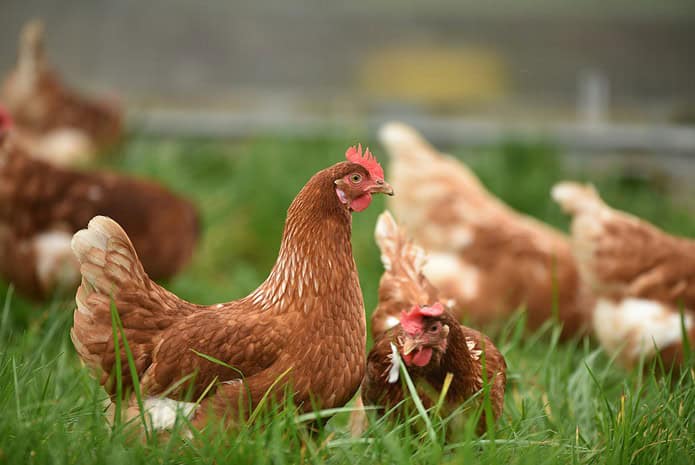The City of Brooksville City Council decided to put a halt on adding Fluoride to their drinking water system during their Council meeting on April 1. The City has been adding Fluoride since 2013 and in 2018, city residents voted to continue the fluoridation program in the November election that year.
Council Member Bailey was outspoken on chlorinating and fluoridating city water, but by law, the city must maintain a level of chlorination for disinfection.
According to the Florida Department of Environmental Protection (DEP), municipalities must maintain a minimum level of .23 milligrams per liter of free chlorine residual at the end of their water treatment systems and a maximum level of 4.0 milligrams per liter.
David Kingsbury, the City’s utilities superintendent, stated that in the City, the Chlorine Maximum Containment Level (MCL) is 1.0 milligrams per liter at the drinking water plants and at stations toward the end of the system, it is around 0.7 milligrams per liter.
Kingsbury said that the City currently has six wells, putting out 1.4 million gallons of water per day and the City is permitted for an additional four wells: two at the college and two at the Hope Hill Drinking Water Plant. They have two ground storage tanks and two elevated storage tanks, which provide the city with roughly 800,000 gallons of water on hand.
Since fluoride is not mandated by the state (as it is not necessary for sanitization) and the general consensus of the Council was that it is a health-related issue citizens should have control over, the Council voted to no longer add it to their drinking water system. Money was also a factor in this decision as this will save the City about $29,000 to $30,000 in the first year since the fluoridation system is currently down and needs around $23,000 worth of repairs. The annual cost of Fluoride is $7000.
Chickens In
Community Development Director David Hainley explained that while chickens are not illegal in the city, the limitations on what property types they are allowed to be kept virtually make them so.
Within the City, there are four lots zoned agricultural where they are allowed in addition to residential lots over 10 acres in size, which are hard to come by.
Hainley explained that the City currently has no standards for chickens in reviewing city code going back to 1988. In 2019, the City Council at the time rejected amending the city code to allow a commercial enterprise on 98 to keep chickens.
“I would love to see us just model what Hernando County allows because it is unfair, in my opinion, to not allow people who live in the city not to have chickens, but you can go right across the county line and you can have five chickens in the county… no roosters,” said Mayor Blake Bell.
Hainley will bring an updated ordinance to the City Council, which will be modeled after Hernando County’s chicken-keeping laws. It will most likely be around June or July when an ordinance gets to Council since it must go through Planning and Zoning first.
Bell noted that for the time being, they would like to give flexibility to residents who currently have chickens in the city and “not look into any chickens.”

